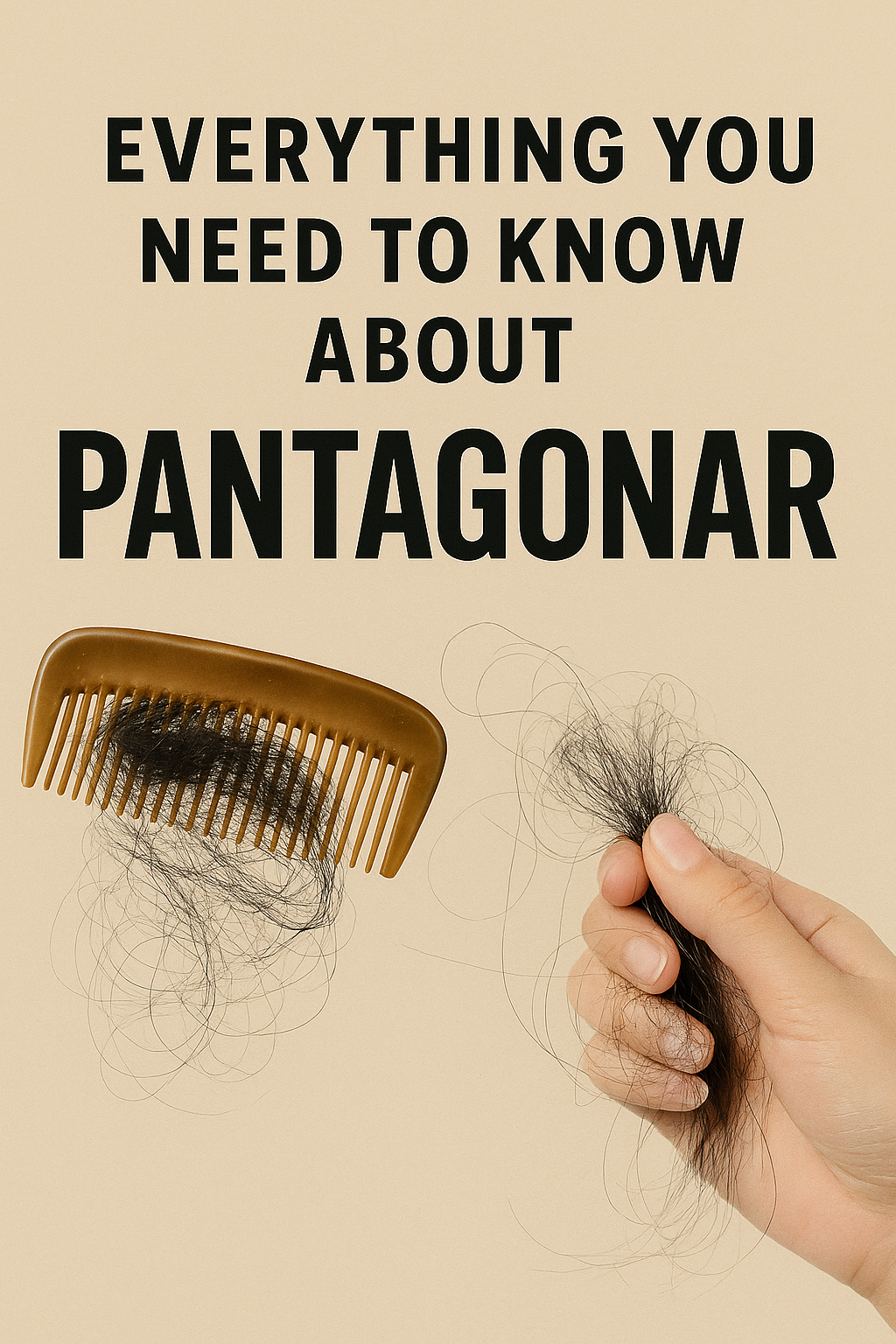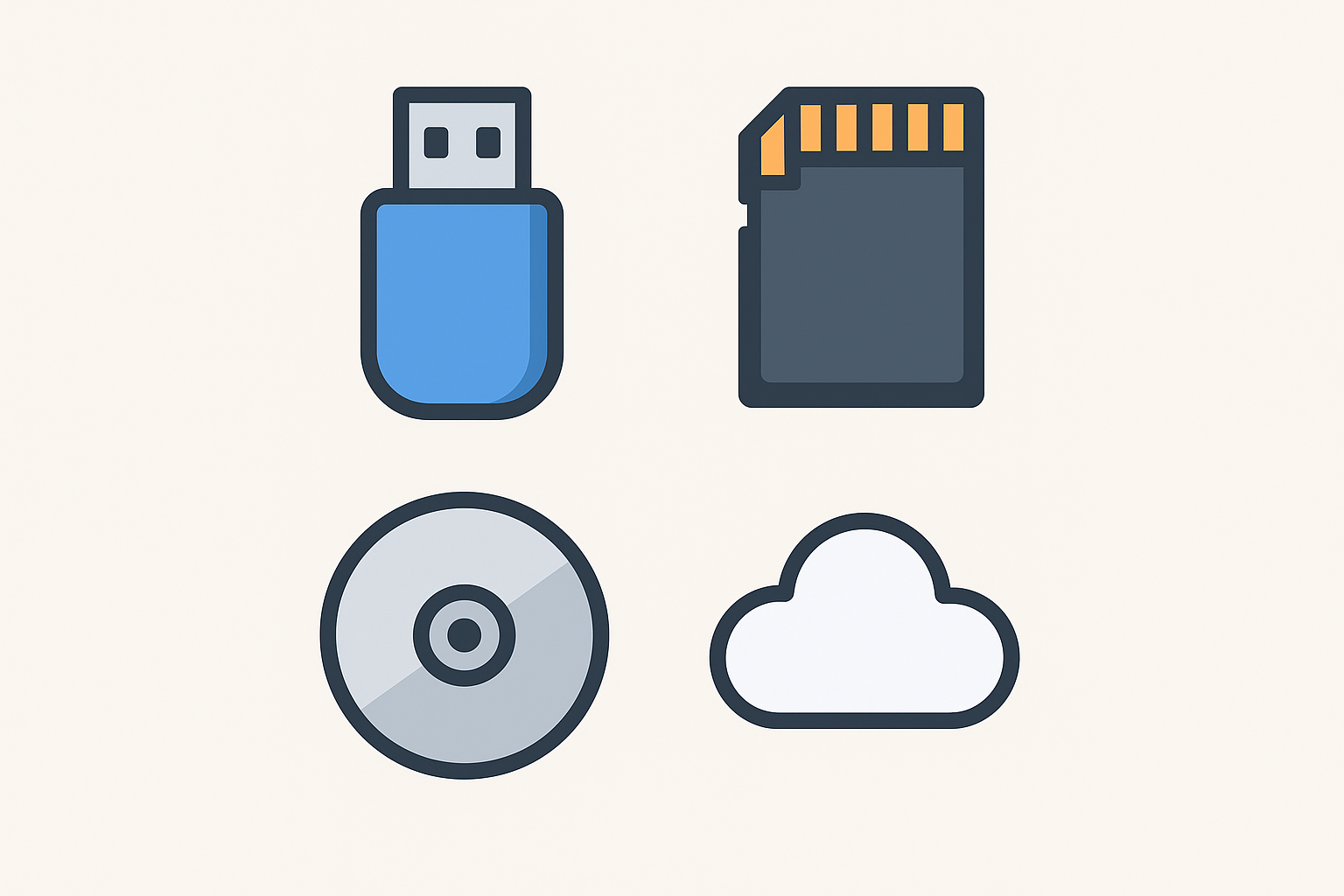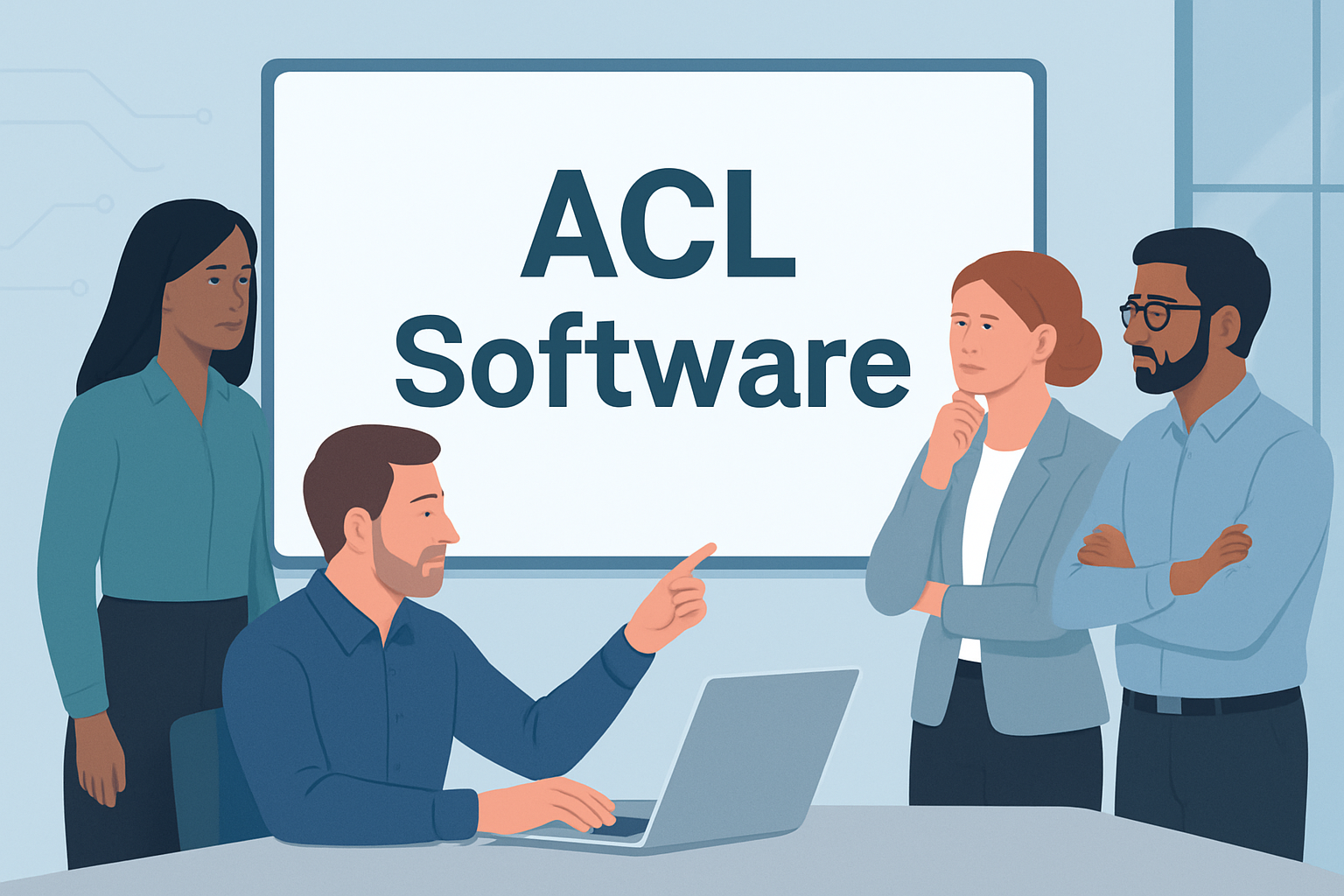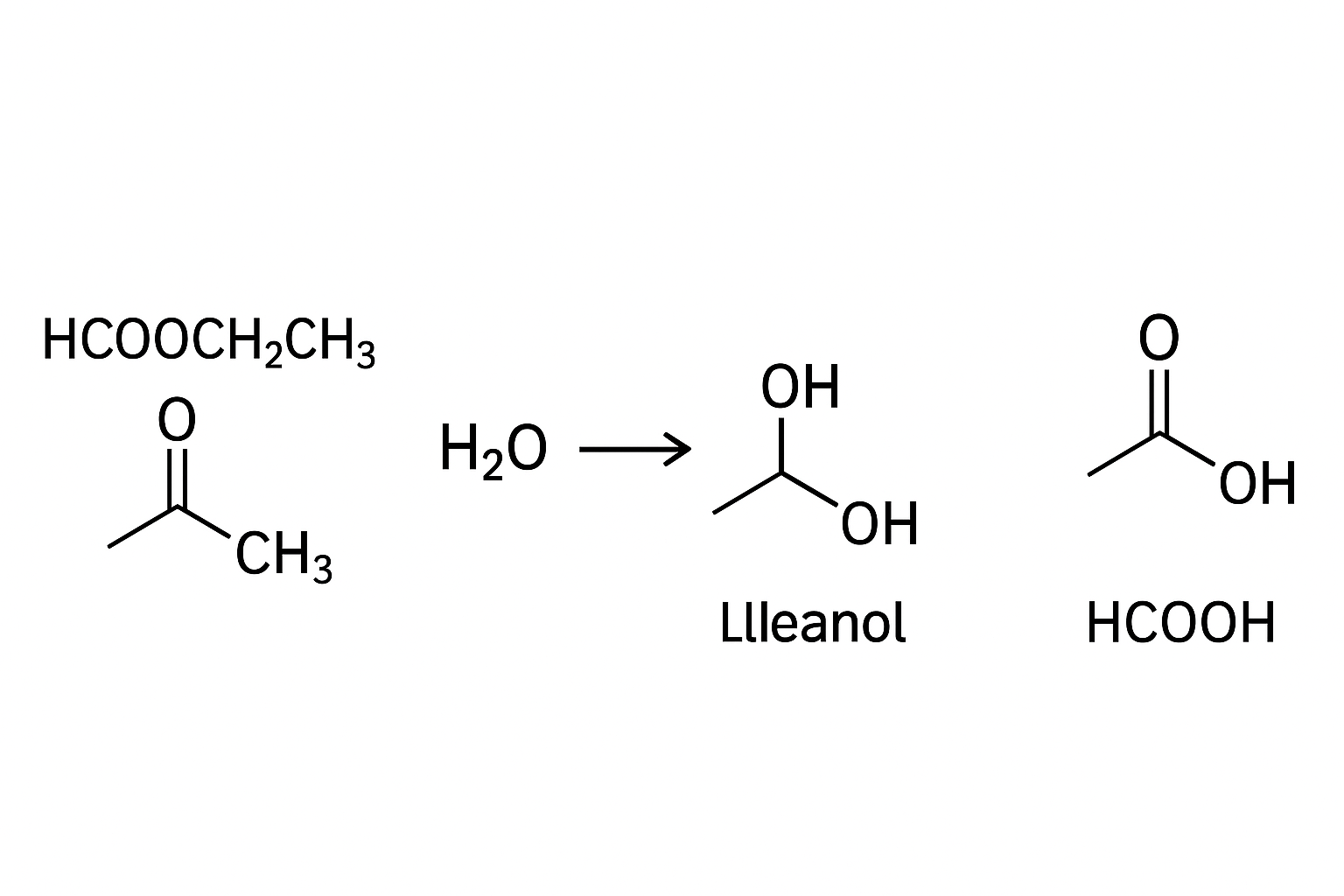Introduction to Pantagonar
Hair health has always been closely linked to confidence, self-expression, and overall well-being. In today’s fast-paced world, stress, hormonal imbalances, nutritional deficiencies, and environmental factors often contribute to thinning hair, excessive shedding, or slow hair growth. This is where Pantagonar enters the spotlight.
Pantagonar is a nutritional supplement formulated to improve the structure of hair, reduce hair loss, and support natural regrowth. It has become popular among people experiencing hair thinning due to stress, seasonal changes, or medical conditions such as telogen effluvium. Unlike topical treatments, Pantagonar works internally by supplying essential nutrients that strengthen hair from within.
In this guide, we’ll answer the most common questions about Pantagonar—its uses, effectiveness, possible side effects, and how it compares to other supplements on the market.
What is Pantogar used for?
Pantagonar (often referred to interchangeably with Pantogar in medical contexts) is primarily used as a therapeuticsupplement for hair and nail growth. Its formula includes vitamins, minerals, amino acids, and keratin-building components, which target the root causes of weak or brittle hair.
Doctors and dermatologists may prescribe Pantagonar in cases of:
-
Diffuse hair loss (shedding across the scalp, rather than localized bald patches)
-
Hair thinning due to stress, illness, or nutrient deficiency
-
Brittle or fragile nails prone to breakage
-
Supporting recovery after chemotherapy or hormonal changes (with medical supervision)
Its use extends beyond cosmetic benefits—many patients experience an overall improvement in hair texture, thickness, and resilience after consistent use.
Is Pantogar effective for hair loss?
The effectiveness of Pantagonar largely depends on the type of hair loss a person is experiencing. Clinical studies suggest that it works best for non-scarring, diffuse hair loss caused by deficiencies, stress, or temporary hormonal fluctuations.
Why it can be effective:
-
Provides keratin and cystine (important proteins for hair strength)
-
Boosts blood circulation in the scalp, encouraging follicle activity
-
Fights oxidative stress, which can damage hair roots
Limitations:
Pantagonar is not a miracle cure. It is less effective for androgenetic alopecia (male or female pattern baldness), where genetics and DHT sensitivity play a central role. In such cases, dermatologists usually combine Pantagonar with other treatments like minoxidil, finasteride, or PRP therapy.
Overall, patients who take Pantagonar consistently for 3–6 months often report reduced shedding, stronger strands, and improved hair density.
Does Pantogar increase body hair?
One common concern is whether supplements like Pantagonar might stimulate unwanted body hair growth.
The answer is: not significantly.
Pantagonar is designed to target hair follicles on the scalp by improving nutrient delivery. Unlike hormonal medications, it does not contain ingredients that trigger body-wide hair growth.
However, in rare cases, some users have reported slightly faster growth of existing fine body hair (such as on the arms or legs). This is not universal and tends to be mild compared to the scalp benefits. If this occurs, it usually subsides once supplementation is discontinued.
Is Pantogar a DHT blocker?
DHT (dihydrotestosterone) is a hormone linked to male and female pattern baldness. Many hair loss treatments, such as finasteride or topical solutions, aim to block DHT to preserve hair follicles.
Pantagonar, however, is not a DHT blocker. Instead, it works by providing nutrition and strengthening the structural components of hair.
This distinction is important:
-
For patients with androgenetic alopecia, Pantagonar alone may not stop progressive thinning.
-
For patients with nutritional or stress-related hair loss, Pantagonar can be very effective without the risks associated with hormonal treatments.
Dermatologists often recommend using Pantagonar alongside DHT blockers for a more comprehensive treatment approach in genetic hair loss cases.
Which capsule is best for hair growth?
There are many hair growth supplements available in pharmacies and online stores. Choosing the right one depends on the cause of hair loss.
Pantagonar is among the most reputable because of its clinical backing and targeted formula. However, other well-known options include:
-
Viviscal – rich in marine proteins for hair thickness
-
Nutrafol – combines plant extracts with vitamins for holistic hair wellness
-
Priorin – often recommended in Europe for strengthening roots
-
Biotin-only supplements – effective if the problem is due to biotin deficiency
Pantagonar stands out because it combines multiple active ingredients (keratin, cystine, B vitamins, calcium pantothenate) in one capsule, offering a broader nutritional profile than single-ingredient supplements.
What are the side effects of hair grow capsules?
While hair supplements like Pantagonar are generally well tolerated, some users may experience mild side effects, such as:
-
Digestive upset (nausea, bloating, diarrhea)
-
Headaches (in rare cases)
-
Mild allergic reactions (rash or itching, if sensitive to certain ingredients)
Most side effects are temporary and subside once the body adjusts. However, individuals with chronic conditions, pregnant women, or those already taking medications should consult a healthcare professional before use.
It’s also worth noting that taking too many supplements at once can lead to vitamin overdose, which may cause health complications. Moderation and proper medical advice are key.
How Pantagonar compares with other hair supplements
Pantagonar’s main advantage lies in its balanced, multi-nutrient formula. While many supplements focus on just one or two vitamins, Pantagonar includes a complete blend tailored to hair biology.
Comparison highlights:
-
Pantagonar vs. Biotin: Biotin alone is insufficient unless you are deficient. Pantagonar provides additional amino acids and keratin.
-
Pantagonar vs. Nutrafol: Nutrafol emphasizes herbal extracts and anti-stress botanicals, while Pantagonar focuses on direct building blocks of hair.
-
Pantagonar vs. Minoxidil/Finasteride: Pantagonar is non-hormonal and has fewer side effects, but it is less effective for genetic baldness compared to medical treatments.
In short, Pantagonar is best for nutritional hair loss, while other treatments may be necessary for hereditary or hormonal hair loss.
Tips for using Pantagonar effectively
To get the best results from Pantagonar, consistency and patience are essential. Here are some expert tips:
-
Take as prescribed – usually 1 capsule, three times daily with meals.
-
Be consistent – visible results often take 3–6 months.
-
Pair with a healthy diet – ensure you consume enough protein, iron, and omega-3s.
-
Avoid stress and smoking – both can accelerate hair loss.
-
Consult your doctor – if your hair loss is sudden or severe, professional evaluation is necessary.
Remember: supplements are supportive tools, not instant cures.
Expert opinions and clinical insights
Dermatologists and trichologists (hair specialists) generally view Pantagonar as a safe and supportive supplement. Clinical trials have shown measurable improvement in hair density, thickness, and reduced shedding in patients with diffuse hair loss.
Experts emphasize:
-
It works best when the underlying cause is nutritional or stress-related.
-
It should be combined with medical treatments for hormonal or genetic hair loss.
-
Regular monitoring is important for individuals with chronic conditions.
Many specialists note that Pantagonar’s success is not due to a single ingredient, but rather its synergistic formulation that supports hair from multiple angles.
Conclusion: Should you use Pantagonar?
Pantagonar is a reliable and clinically recognized supplement that supports hair growth, strengthens follicles, and reduces diffuse hair shedding. While it is not a cure for every type of hair loss—particularly genetic baldness—it plays a valuable role in nourishing and protecting hair health.
If your hair concerns are related to stress, seasonal shedding, or nutrient deficiencies, Pantagon may be a safe and effective option. For hereditary baldness, however, it should be combined with other medical treatments for optimal results.
Final takeaway: Pantagonar is not a miracle pill, but when used consistently and under the right circumstances, it can be a powerful ally in restoring confidence and promoting healthy, vibrant hair.















